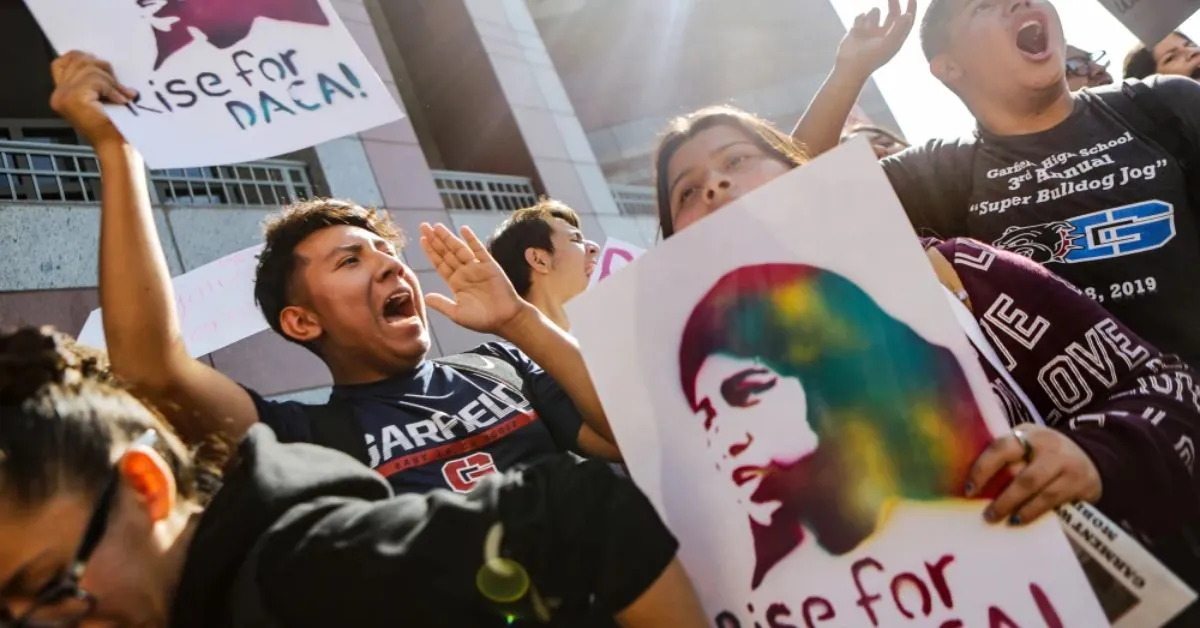A federal judge in North Dakota blocked a Biden administration rule that allowed DACA recipients to sign up for health insurance through the Affordable Care Act.
U.S. District Court Judge Dan Traynor sided with a group of 19 Republican state attorneys general who filed a lawsuit in August to block the rule from taking effect, claiming it violates a provision that bars providing public benefits to persons without lawful immigration status. Trump appointed Traynor during his first term in office.
People who got benefits from DACA, the Deferred Action for Childhood Arrivals program, began signing up for coverage under the Affordable Care Act, often known as Obamacare, when open enrollment began on November 1. We anticipated that coverage for those who signed up would start as early as January 1.
The government prohibited them from receiving government-funded health insurance, leaving them with no choice but to obtain coverage through their jobs or state programs. Others went uninsured or received low-cost or free care from community health clinics.
Kansas Attorney General Kris Kobach, who led the court fight against the Biden administration, hailed it as a “big win for the rule of law.”
“Congress never intended that illegal aliens should receive Obama care benefits,” he wrote in a post on X.
Then-President Barack Obama signed the DACA executive action in June 2012, protecting undocumented immigrants brought to the country as children from deportation and granting them work permits.
Drishti Pillai, director of immigrant health policy at KFF, a nonprofit organization that studies health policy issues, said Monday’s decision only affects the 19 states that brought the complaint, leaving the Biden administration rule in effect elsewhere.
These states are Alabama, Arkansas, Florida, Idaho, Indiana, Iowa, Kansas, Kentucky, Missouri, Montana, Nebraska, New Hampshire, North Dakota, Ohio, South Carolina, South Dakota, Tennessee, Texas, and Virginia.
However, Pillai warned that eliminating extended coverage could leave thousands of uninsured DACA recipients in those states without an affordable choice. She underscored the likelihood of a challenge to the verdict.
“Given that President-elect Trump tried to end DACA during his first term and his views on immigration more broadly, the Trump administration seems unlikely to appeal any ruling against DACA or the coverage expansion,” Pillai said.
In an interview with NBC News’ Kristen Welker that aired Sunday, Trump said he would negotiate with Democrats to reach an agreement that would allow DACA recipients to remain in the US.
“I want to be able to work something out, and it should’ve been able to be worked out over the last three or four years and it never got worked out,” he said.
A representative for the Department of Health and Human Services directed NBC News to a post on Healthcare.gov stating that the federal government was studying the judgment and its impact.











Leave a Reply